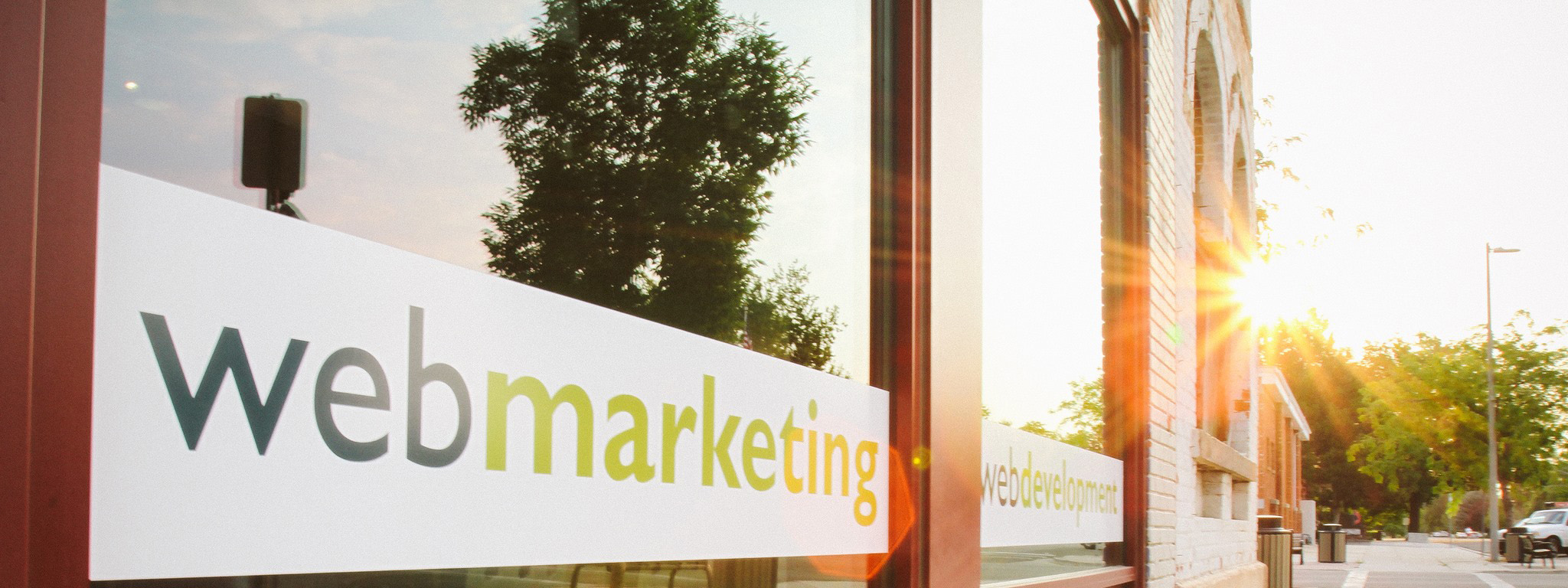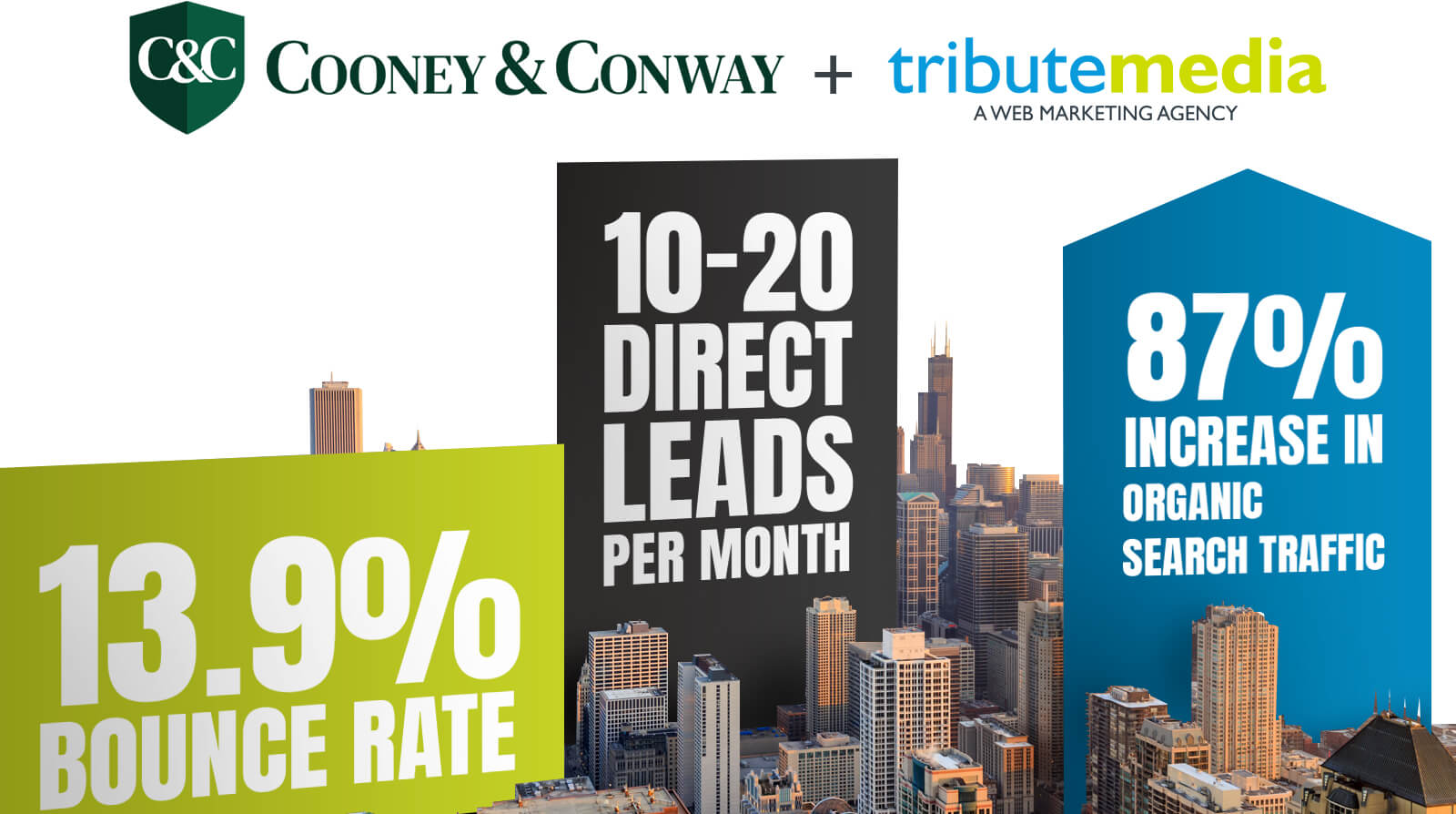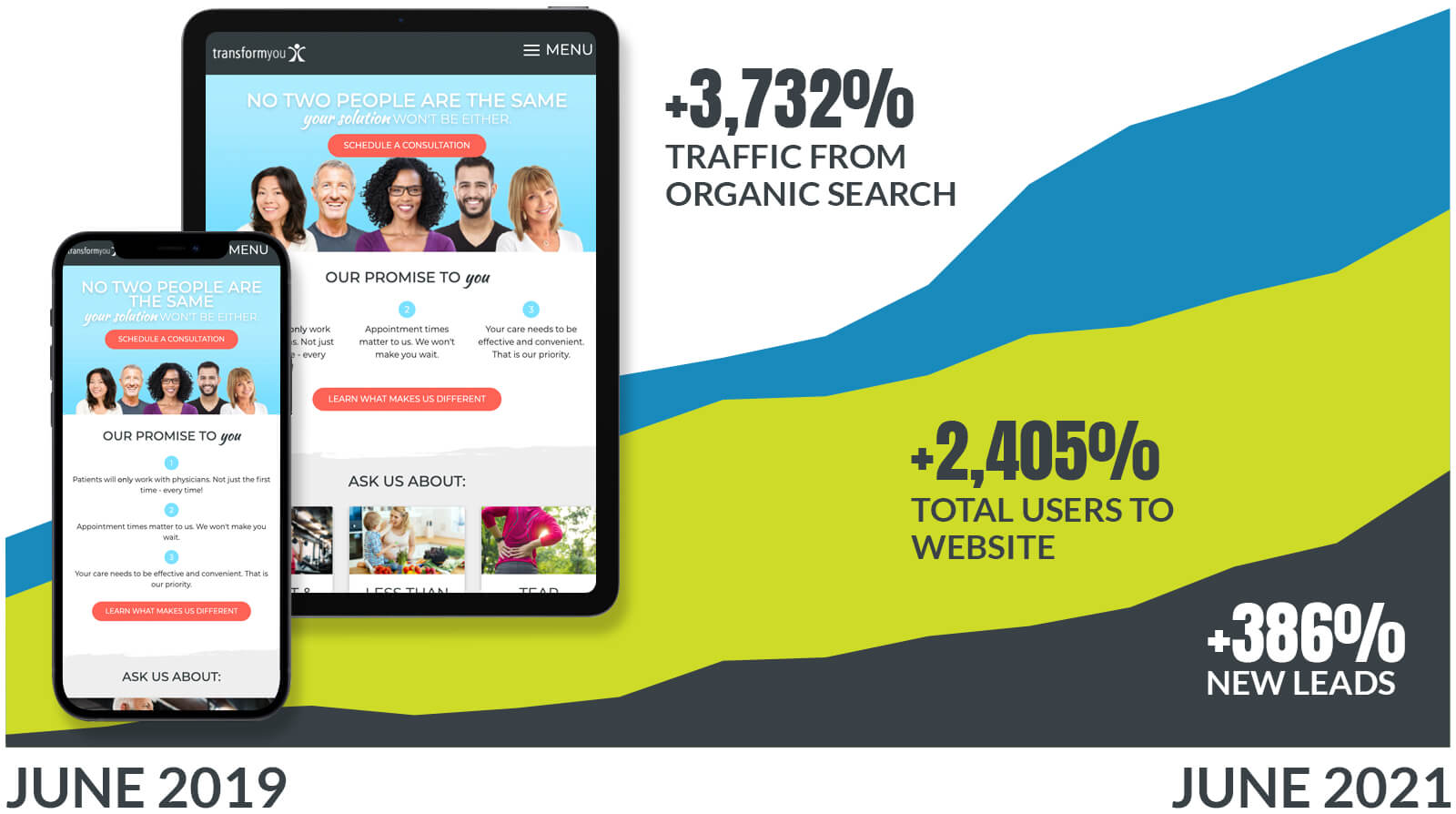You may have decided that you want to outsource your search engine optimization (SEO) services in order to get your site to show up on search engines like Google. But, how do you find the right person or agency? What questions should you ask, and what answers should you be wary of as you start to have these conversations?
Inbound Marketing Blog
Cooney & Conway is an established, successful personal injury law firm based out of Chicago, IL. Their website hadn't done anything memorable for them in the past and didn't effectively portray their national presence or who they represent. The site was static; a simple "brochure-style" website by today's web design and web marketing standards.
Recognizing they needed a change in order to meet their lead generation goals, the firm's partners decided to put the next generation of attorneys in charge of finding a web development company to design a new website for their firm that better communicated who they are and where they're going.
Many of the SEO tools available have options that help you audit backlinks. While this can be a useful tool for tracking backlinks in general, it can be alarming for a lot of site owners or marketers who see things about "toxic" backlinks or warnings about harmful links pointing to your site. It's natural that while you're working hard to generate traffic to your site and leads from that traffic, you want to do whatever you can to keep the site in good health.
So if a tool is warning you that your backlinks are toxic, you should get rid of them, and the easy way to do it is by disavowing them, right?
Managing a non-profit is not just tackling that all-important mission—it’s about running an entire business operation and still managing to tackle that mission. So let’s talk about one thing that can hold back many budding nonprofits: a poor web marketing strategy.
A web marketing strategy is a plan to get visibility and traffic to your website. This is absolutely critical to a non-profit since they mainly operate on donations. The more eyes on your site, the more funding you can potentially receive. Because of this, having a solid web strategy in place can make all the difference.
I don't know who needs to hear this, but it's time to stop having your interns, admins, and legal assistants also be responsible for your online marketing strategy. While your support staff is surely there to help with important aspects of the business (including marketing), the time they're spending creating social media posts and managing your Google PPC ads is taking away time that could be better served assisting with intake, research, and other important aspects of client work to assist your attorneys.
It's time to outsource your online lead generation and hire a digital marketing company that can strategically build your pipeline with ideal cases.
If you are a local business—usually meaning a brick and mortar shop or service provider with a physical location—you can benefit from claiming and updating your Google My Business Page. Google My Business profiles are almost like a second website—a second opportunity to show up in Google’s search results, yet too many businesses leave this opportunity on the table.
Choosing the right web developer for your web project can be a daunting process. I am confident that often time the reason why companies tolerate a sub-par website is because they simply don’t know where to go to get the right developer.
There's a reason SEO can't be a one-and-done marketing strategy. The tactics are constantly changing, as is what is acceptable according to Google and other search engines. If you aren't up-to-date on your website's SEO and best practices, you risk being penalized and losing out on valuable organic traffic to your website. Consequently, that also means missing out on leads.
Once, I was sitting in on a marketing class, listening to a professor give a lecture on social media and the impact it has on society and the business world. About 40 minutes into the lecture, an older student raised his hand and said, "Everyone knows that social media is just for millennials. How can it possibly be useful for businesses?"
The professor, who was in his early 60s, replied, "Is it? Then why do I have ads popping up on my news feed targeted at old balding men like me?"



![Stop Disavowing Backlinks [And Why]](https://www.tributemedia.com/hubfs/Images/Blog%20Images/Blog_Images/Bad%20backlink.png)







